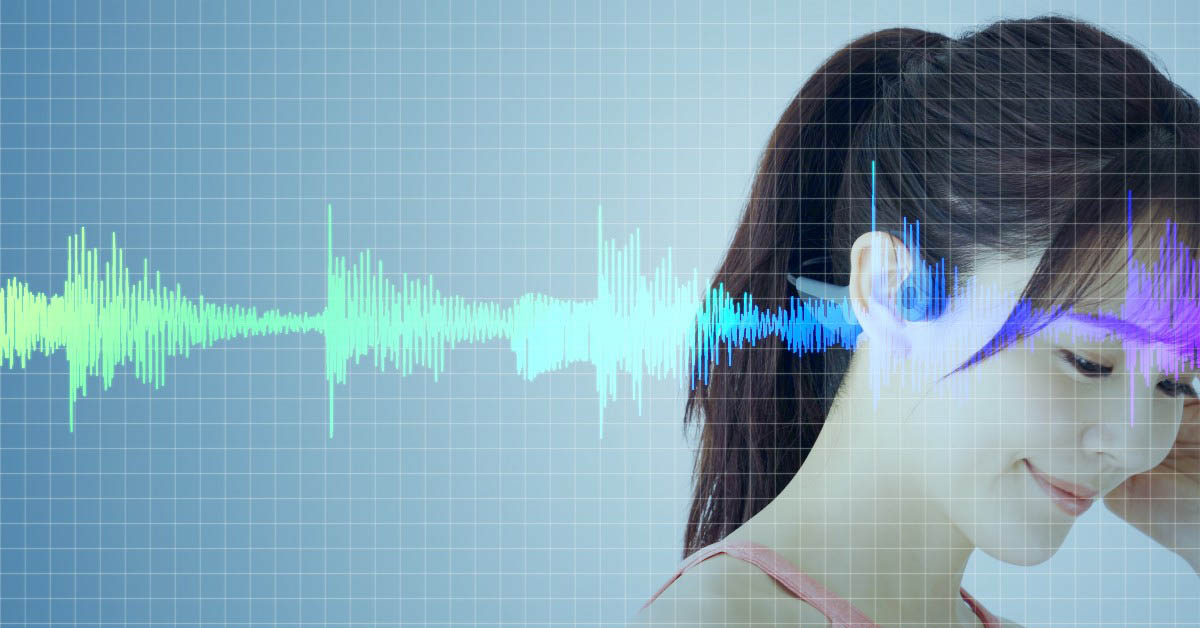
October is Audiology Awareness Month.
Audiologists diagnose and treat symptoms and all degrees of hearing impairment, including mild, moderate and severe hearing loss. They also prescribe and fit a wide range of custom-fitted hearing aid options.
Now that you know that, how’s your audiology awareness?
True or false …
If I had a hearing loss, my primary care physician would tell me.
False. Only a small number of primary care physicians offers some kind of hearing screening.
If you really want to know whether you have trouble hearing, ask a family member. They’ll do things to help accommodate your hearing. They’ll be able to tell whether you really are hearing. However, family guidance is no substitute for a comprehensive hearing evaluation. For that, see an audiologist.
Hearing loss affects only older people, those over age 65.
False. Half of Americans with hearing loss are under age 65. Furthermore, 1 in 8 children have measurable hearing loss.
“If you’re noticing that you’re complaining that people are mumbling when they’re talking to you, their voices aren’t clear or you’re always saying ‘What?’ those are signs that you should come in for a comprehensive hearing evaluation,” says Dr. Heather Schwartz, an audiologist with Hearing Center BayCare Clinic.
Exposure to noise doesn’t affect the hearing of young people.
False. Exposure to noise can damage hearing at any age. Lawn mowers, snowblowers, concerts and earbuds can damage hearing after as little as 30 minutes of exposure. Protect your hearing by wearing ear muffs or custom ear pieces.
To learn more, take our online hearing screening.
Our online hearing screening isn’t the same as having a hearing evaluation by one of our audiologists, but it should give you an idea of how to proceed. You can take the screening at home. All you need is 3 minutes and a pair of headphones. If you find you need professional help with your hearing, call us.